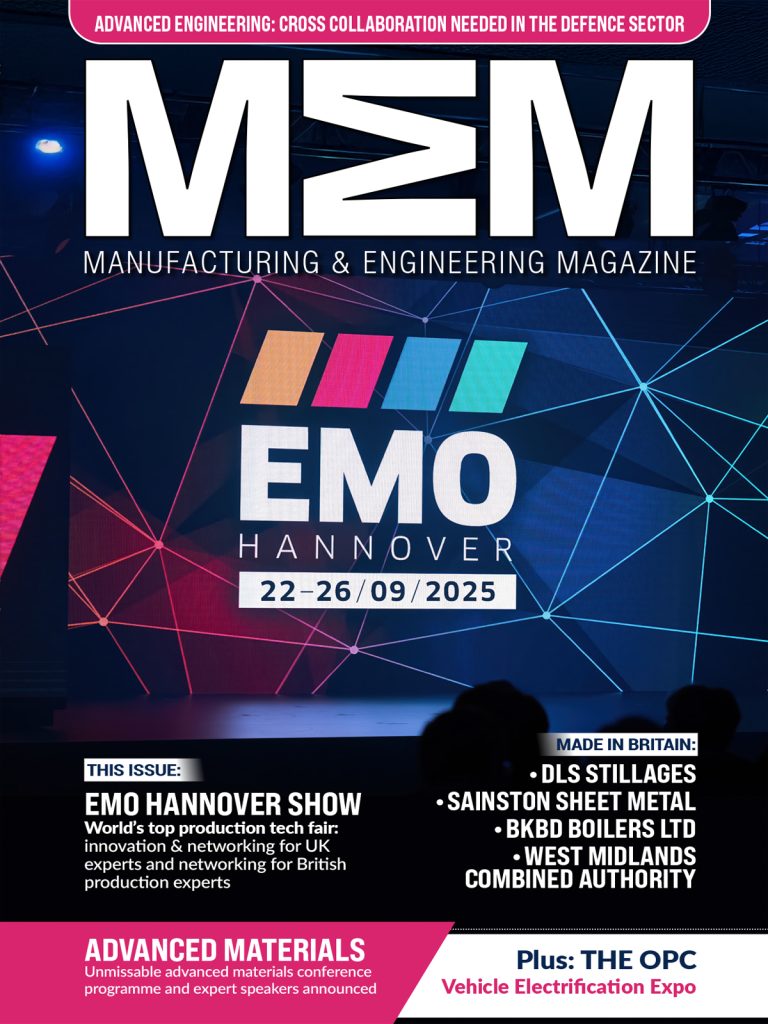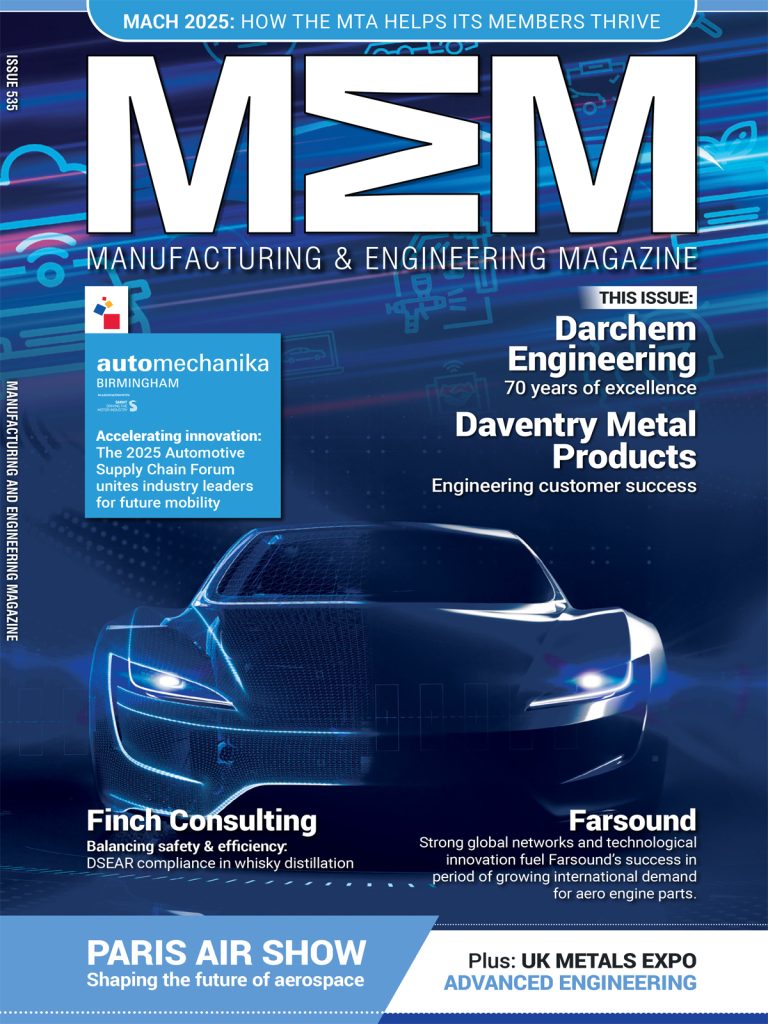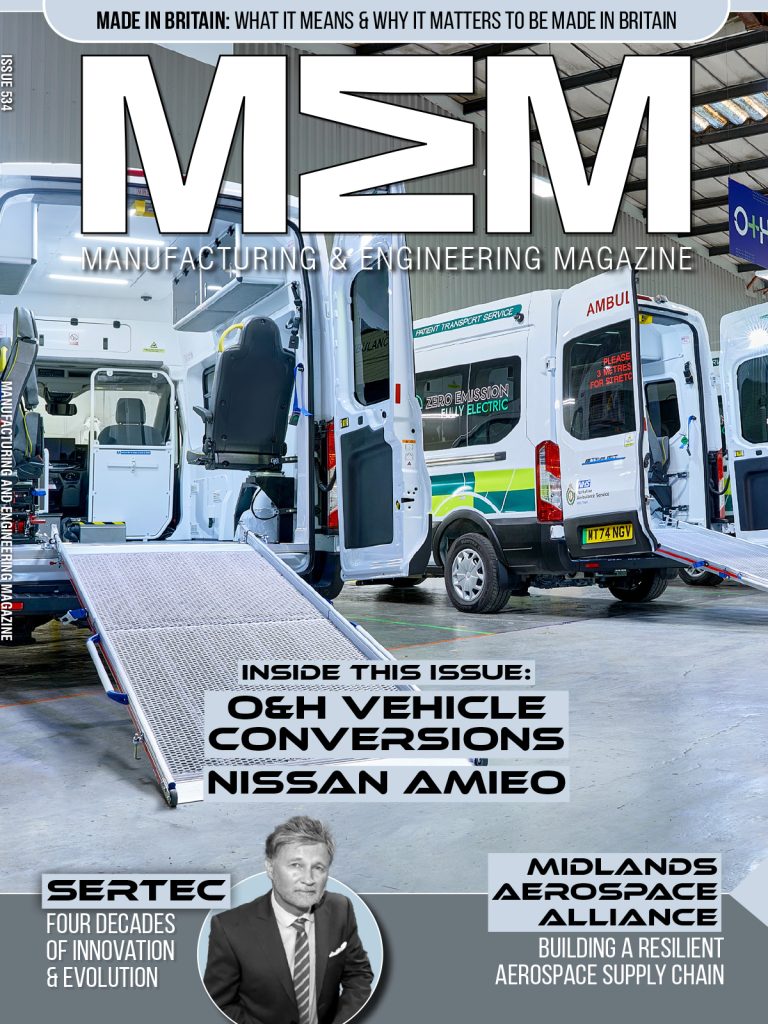Navigating the Pathways: Career Routes into Manufacturing and Engineering : The world of manufacturing and engineering offers a vast array of career opportunities, making it an enticing field for those with a passion for problem-solving, innovation, and technology. In this blog post, we’ll explore the various career routes into manufacturing and engineering, highlighting the diverse paths that can lead to rewarding and impactful careers.
1. Academic Pursuits: The Traditional Route
Many individuals embark on careers in manufacturing and engineering through formal education. This pathway often starts with a bachelor’s degree in engineering, applied sciences, or a related field. Afterward, some professionals pursue advanced degrees, such as master’s or Ph.D. programs, to specialize further.
2. Apprenticeships and Vocational Training: Hands-On Learning
For those who prefer practical, hands-on experience, apprenticeships and vocational training programs provide a direct route into the field. These programs offer a structured learning environment where participants gain real-world skills while working alongside experienced professionals. Apprenticeships are particularly valuable for careers like welding, machining, and electrical work.
3. On-the-Job Training: Learning While Doing
Some individuals enter manufacturing and engineering careers through entry-level positions that provide on-the-job training. These roles may include technician positions or machine operators, allowing newcomers to gain experience and gradually transition into more specialized roles as they build their skills.
4. Military Service: A Unique Pathway
Military service can also lead to careers in manufacturing and engineering. The armed forces offer specialized training in fields like aviation maintenance, electronics, and logistics, which can be directly transferable to civilian careers in manufacturing and engineering upon completion of service.
5. Career Switching: Embracing Change
It’s never too late to switch careers and enter the world of manufacturing and engineering. Many professionals with diverse backgrounds transition into these fields by leveraging their transferable skills, such as project management, problem-solving, and leadership.
6. Entrepreneurship: Building Your Own Path
For those with an entrepreneurial spirit, starting a manufacturing or engineering-related business can be a fulfilling career route. This path often begins with identifying a unique product or service opportunity and developing the necessary skills or partnerships to bring it to market.
7. Continuing Education: Lifelong Learning
Regardless of the entry route, a commitment to lifelong learning is crucial in manufacturing and engineering careers. The rapid pace of technological advancements necessitates staying up-to-date with industry trends, emerging technologies, and best practices through workshops, certifications, and industry conferences.
Conclusion: An Expansive Landscape
Manufacturing and engineering careers offer a diverse and expansive landscape of opportunities, accommodating individuals with varying backgrounds, interests, and skill sets. Whether you pursue a formal education, hands-on training, or even start your own venture, the world of manufacturing and engineering is a dynamic realm where innovation and problem-solving are at the forefront. Regardless of the pathway you choose, a rewarding and fulfilling career awaits in these thriving industries.
Manufacturing & Engineering Magazine | The Home of Manufacturing Industry News














